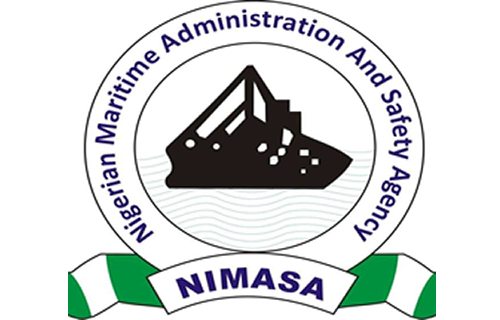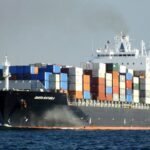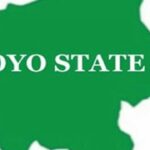
In a bid to boost the deep blue project, the Federal Government of Nigeria has signed a $2.78m exchange of note agreement with the Japanese government for an economic and social development programme.
In a statement recently, the Assistant Director, Public Relations of the Nigerian Maritime Administration and Safety Agency, Osagie Edward, explained that the agreement involved the acquisition of high-speed boat to reinforce services for coastal security in Nigeria, with NIMASA as the implementing partner.
The statement also said that Minister of State Federal Ministry of Budget and National Planning, Clem Agba, had signed it on behalf of the Federal Government while the Ambassador Extraordinary and Plenipotentiary of Japan to Nigeria, Kazuyoshi Matsunaga, signed on behalf of the Japanese Government, with the Director-General of NIMASA Dr Bashir Jamoh, in attendance.
According to the statement, Agba was quoted to have said that “The procurement of the high-speed boat worth $2.78 million dollars, will greatly enhance the operations of the deep blue project.”
He commended the Japanese government for its interest and interventions in Nigeria for economic development.
“This project to strengthen the operations of NIMASA will definitely strengthen the partnership between the Government of Japan and Nigeria.
Nigeria also appreciates the recent exchange of notes we signed for emergency improvement of electricity supply facilities in Abuja, and the role Japan played in the development of the National Power Development Master-plan designed to guide the government on the optimal energy mix and efficiency for Nigeria.”
On his part, the Director-General of NIMASA Dr Bashir Jamoh, assured the Japanese government that the agency, working with relevant stakeholders, would ensure the sustainability of the recent success in the war against piracy in Nigerian waters and the Gulf of Guinea.
“This high-speed boat is a welcome addition in our growing arsenal of platforms and assets to reinforce service for coastal security, not only in Nigeria but also in the Gulf of Guinea, as over 60 per cent of shipping activities in the region pass through Nigerian waters.”





